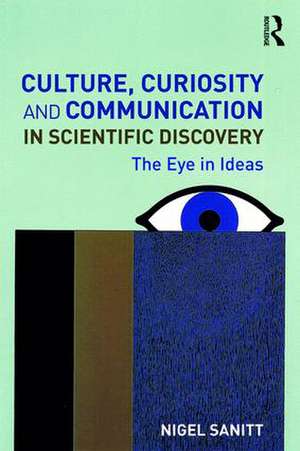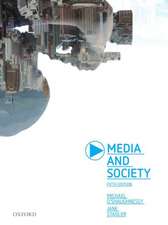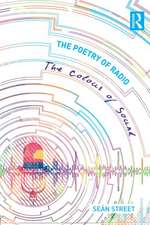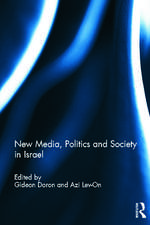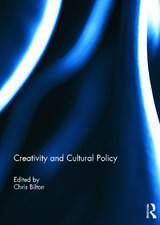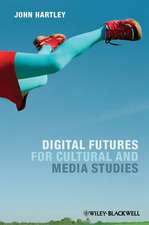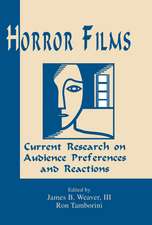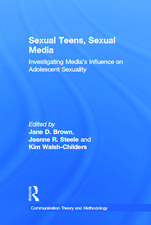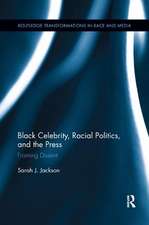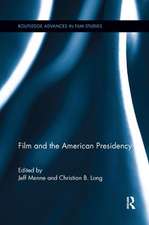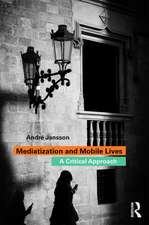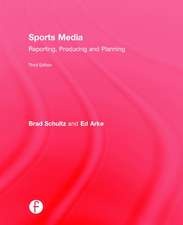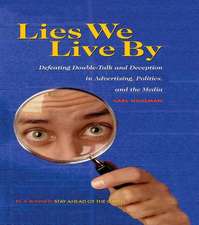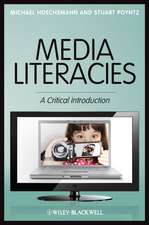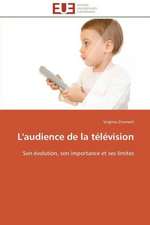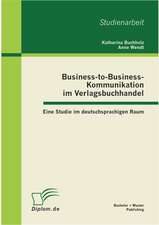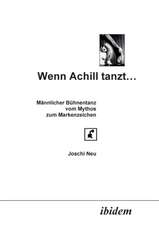Culture, Curiosity and Communication in Scientific Discovery: The Eye in Ideas
Autor Nigel Sanitten Limba Engleză Paperback – 26 sep 2018
The book maintains that the foundations of science are built on sand because theories come and go and the search for truth is elusive. Knowledge acquisition appears to be an end in itself, as though knowledge is some sort of commodity or object that can be traded. Nigel Sanitt explains that we have created a mythical objective world, where we pretend that opinions and values are generated by data alone and not by human beings.
Science is part of our culture and part of the understanding of science is bound up with recognizing the social, economic and political ramifications as they apply to science. Culture, Curiosity and Communication in Scientific Discovery is a radical interpretation of how science works and aims to change the way scientists and non-scientists think about science.
| Toate formatele și edițiile | Preț | Express |
|---|---|---|
| Paperback (1) | 361.84 lei 43-57 zile | |
| Taylor & Francis – 26 sep 2018 | 361.84 lei 43-57 zile | |
| Hardback (1) | 1000.27 lei 43-57 zile | |
| Taylor & Francis – 2 oct 2018 | 1000.27 lei 43-57 zile |
Preț: 361.84 lei
Nou
Puncte Express: 543
Preț estimativ în valută:
69.24€ • 72.47$ • 57.63£
69.24€ • 72.47$ • 57.63£
Carte tipărită la comandă
Livrare economică 31 martie-14 aprilie
Preluare comenzi: 021 569.72.76
Specificații
ISBN-13: 9781138625587
ISBN-10: 1138625582
Pagini: 184
Ilustrații: 8
Dimensiuni: 156 x 234 x 10 mm
Greutate: 0.58 kg
Ediția:1
Editura: Taylor & Francis
Colecția Routledge
Locul publicării:Oxford, United Kingdom
ISBN-10: 1138625582
Pagini: 184
Ilustrații: 8
Dimensiuni: 156 x 234 x 10 mm
Greutate: 0.58 kg
Ediția:1
Editura: Taylor & Francis
Colecția Routledge
Locul publicării:Oxford, United Kingdom
Public țintă
Postgraduate and UndergraduateCuprins
Preface 1. Introduction 2. Scientific theories 3. Meaning 4. Questions 5. Networks 6. Graph theory 7. Communication 8. Science and literature 9. Science and religion 10. Science and art 11. Science and history 12. Complexity and culture 13. Mathematics and AI 14. Science and ethics 15. Science and education 16. Summary: The new Atlantis
Notă biografică
Nigel Sanitt gained his PhD at the Institute of Astronomy, Cambridge University, where he helped lay the foundations of gravitational lensing research. He is editor of an online journal The Pantaneto Forum, which is devoted to science communication, and founder and chief executive of the Pantaneto Press, which publishes books in the physical sciences. He is author of Routledge Revivals: Science as a Questioning Process (Routledge, 1996). Nigel also writes fiction. He has published two novels under the pen name Norman Stanton, Perfect Nightmare (Thames River Press, 2013) and The Literary Circle or the Case of the Arrogant Anagram (Pantaneto Press, 2014).
Recenzii
"More and more people worry about the possibility that the scientific temper is exhausting its own foundations when the focus is on outcomes. A focus on impact leads us to forget the significance of an attitude that values meaning before signals, questions before answers, problems before solutions, and imagination and creativity before testing and falsifying. Nigel Sanitt, in this essay on creativity in science, breaks an arrow for the scientific imagination and reminds us of the fundamentals of a scientific temper."
– Martin W Bauer, Professor of Social Psychology and Research Methodology, London School of Economics and Political Science
"In an age when there are more and more scientists, few of them can give a compelling account of how they find understanding and reach conclusions. In Culture, Curiosity and Communication in Scientific Discovery, Nigel Sanitt has drawn upon a broad range of investigations as well as historical and contemporary sources to provide some important insights and to stimulate thought."
– Roger Blandford, Professor of Physics and of Particle Physics and Astrophysics, KAVLI Institute, Stanford University
"Questioning is essential to the practice of science. But the question of how scientific theories are constructed and verified remains controversial. Nigel Sanitt’s new book offers an original perspective on scientific questioning. By deploying problematological philosophy, graph theory and theories of meaning and narrative, he makes important arguments about the nature of scientific reasoning and how it is practised. He reveals the problematological unity in scientific practice and raises key questions about the most important theories in physics today."
– Nick Turnbull, Lecturer in Politics, University of Manchester
– Martin W Bauer, Professor of Social Psychology and Research Methodology, London School of Economics and Political Science
"In an age when there are more and more scientists, few of them can give a compelling account of how they find understanding and reach conclusions. In Culture, Curiosity and Communication in Scientific Discovery, Nigel Sanitt has drawn upon a broad range of investigations as well as historical and contemporary sources to provide some important insights and to stimulate thought."
– Roger Blandford, Professor of Physics and of Particle Physics and Astrophysics, KAVLI Institute, Stanford University
"Questioning is essential to the practice of science. But the question of how scientific theories are constructed and verified remains controversial. Nigel Sanitt’s new book offers an original perspective on scientific questioning. By deploying problematological philosophy, graph theory and theories of meaning and narrative, he makes important arguments about the nature of scientific reasoning and how it is practised. He reveals the problematological unity in scientific practice and raises key questions about the most important theories in physics today."
– Nick Turnbull, Lecturer in Politics, University of Manchester
Descriere
Culture, Curiosity and Communication in Scientific Discovery is a radical interpretation of how science works and aims to change the way scientists and non-scientists think about science.
